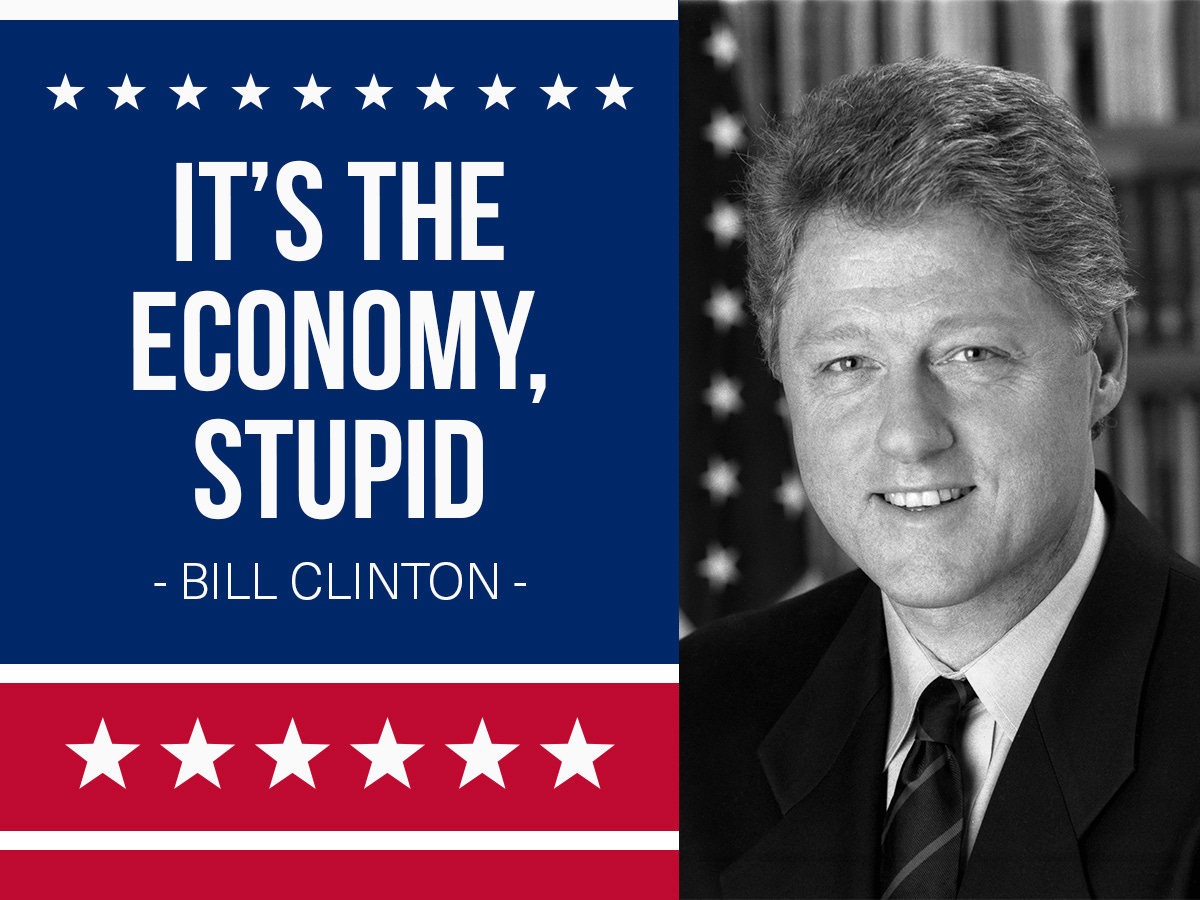
I switch off when it comes to politics. Sure, I vote and do my democratic duty (it’s a responsibility and privilege), but the traveling carnival that is politics with its posturing individuals, repels me.
If I didn’t find politics so off-putting I might have given it some thought, applying my own perceptions of how humans behave when it comes to elections. I have only two primary thoughts on the matter:
Governments don’t get voted into power, they get voted out of power
People vote on the basis of their financial situation
If I hadn’t switched off, I might have been inclined to say that the results of the U.S. election will be a litmus test of how the average U.S. citizen is feeling, financially speaking. As I’ve been pointing out for some time, the U.S. economy is not as healthy as headlines would have you believe. If I was awake, I might have done some analysis and would’ve speculated a change in President based on the electorate’s financial situation.
The fact that there was a significant swing, resulting in Republican dominance across the board (President, Senate, and a majority in the House of Representatives), including a clean sweep in the “swing states”, tells me that despite constant headlines that the “U.S. economy is strong” and “resilient”, real Americans are feeling pressured financially - struggling, even.
Applying my thoughts on the matter of elections, the swing by voters is a cry for change in their personal financial circumstances.
I said in my last post that politicians like to stand up and declare (falsely) that they have power to change the economy. People believe what they hear, so elections during hard economic times see incumbent governments get kicked out of office by the electorate.
Principles and ideals are a luxury. You’ve got to be able to afford the basics before you can afford to vote on the basis of ideology.
As usual, I needed data to validate my perception. Lo and behold, the data attests to my observation, turning conjecture into fact.
President Trump didn’t get voted in. President Biden and Vice President (and presidential nominee) Harris got voted out. There’s no official recession yet, but the financial pressure is there.
The data in the chart above shows that if there is a recession during a presidential term (i.e. people are feeling pressured economically) then there is a change in president at the next opportunity. Sometimes a recession occurs early in a president’s term, which means the financial pressure has been building for a period prior to that point. In such cases the electorate perceives that as being the fault of the previous incumbent (that’s who was in power when they started to feel the economic pinch), and the new president gets perceived as the one who turned the economy around, resulting in a second term.
Can we get back to reality now? Please.




